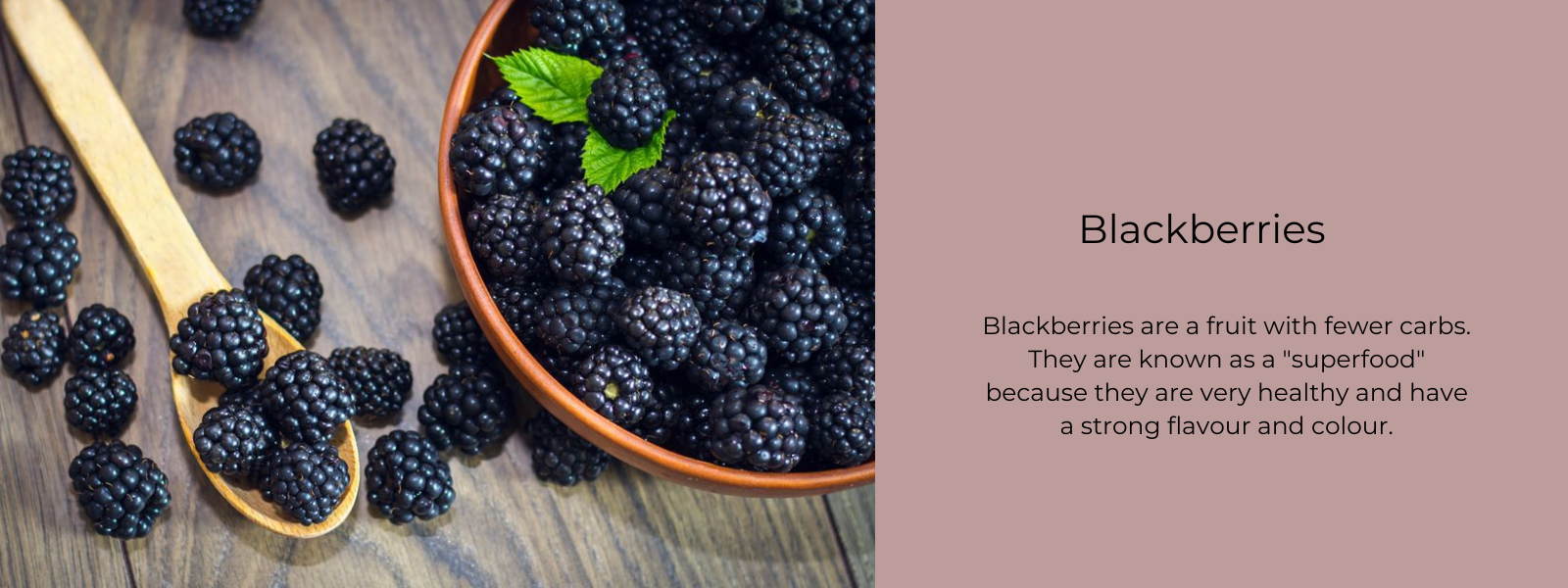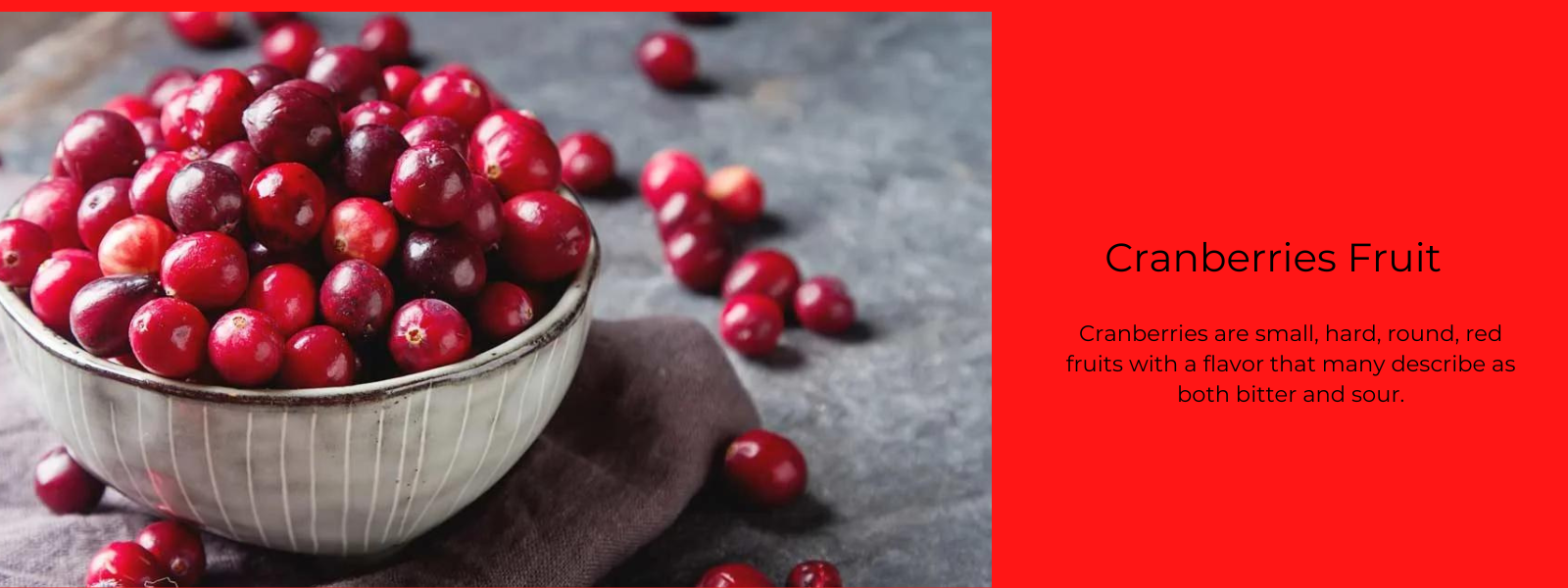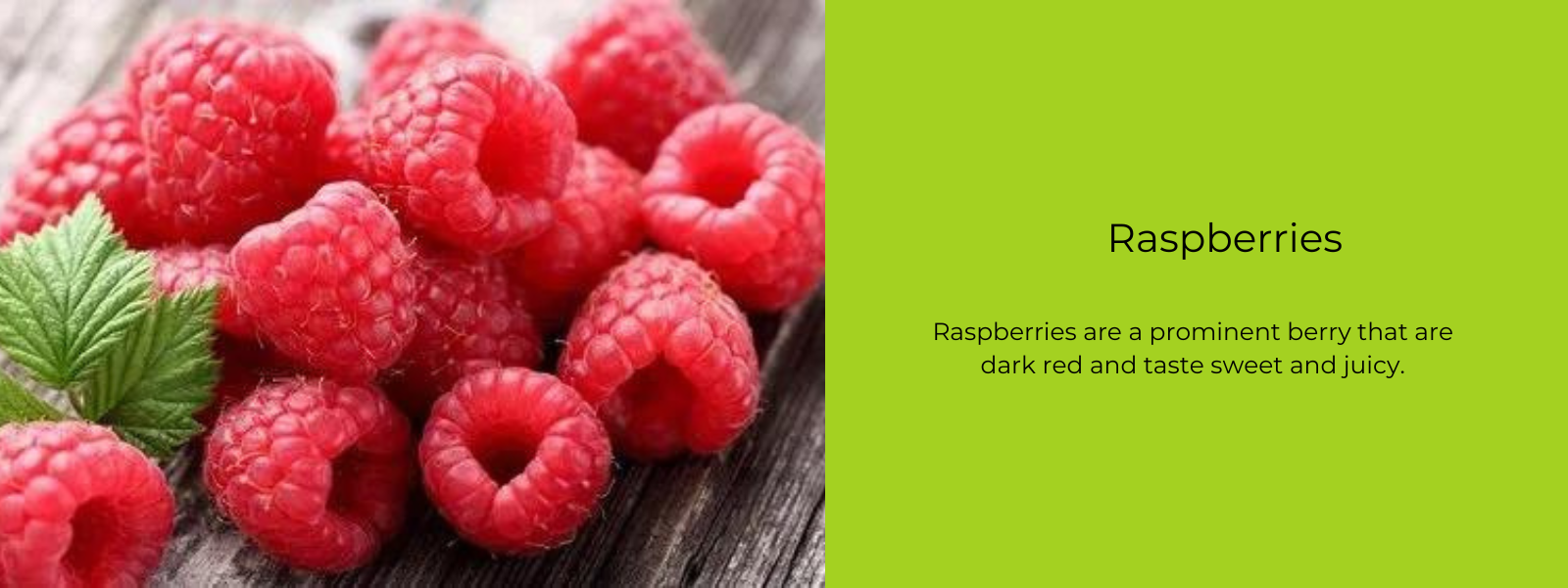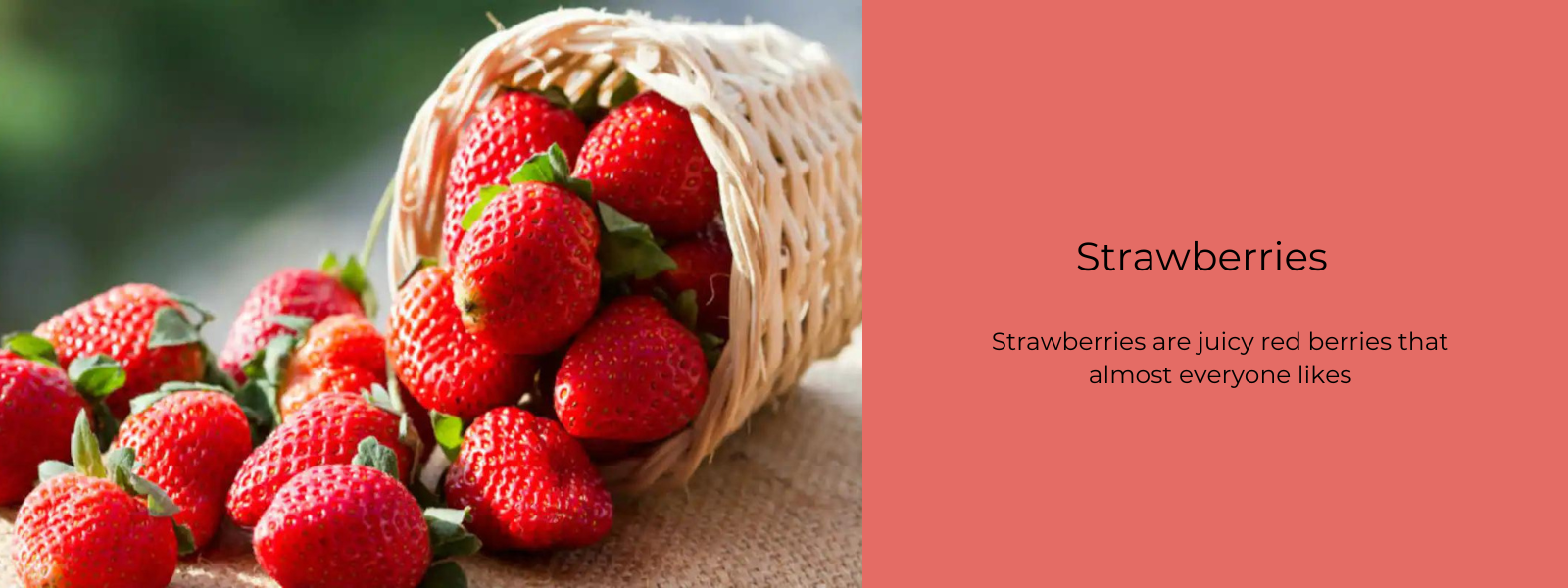Berries are one of the best foods you can eat for your health and taste. They can also help lower your risk of heart disease. It has a lot of antioxidants, which protect cells from damage.
Berries get their colour from different plant pigments. Several of these pigments contain the flavonoid anthocyanin. The best parts of the berry are the skin, seeds, and leaves.
Experts agree that eating berries is a great way to lower your risk of a wide range of age-related diseases because they are full of vitamins, minerals, and nutrients that help prevent diseases.
Table of Contents
Types of berries:
Blueberries
The deep blue colour of these berries is useful for more than just making sweets look pretty. The colour comes from a group of strong chemicals called anthocyanins.
Flavonoids, which are found in high amounts in blueberries, have been shown to be good for the heart, boost the immune system, and lower the risk of cancer and dementia.
These sweets are good whether they are fresh or frozen. You can eat them without ruining your diet because they are full of water and fibre. About 40 calories are in a half cup.
Epidemiological studies show that eating a moderate amount of blueberries and/or anthocyanins lowers the risk of heart disease, death, type 2 diabetes, staying at a healthy weight, and protecting the brain. The anti-inflammatory, antioxidant, vascular, and blood sugar-controlling benefits of blueberries are very important to health. Blueberry phytochemicals may change the bacteria in the gut and the health of the host. Also, these things affect diseases that get worse over time and ageing.
Acai Berries
Because they are so high in antioxidants, acai berries are often called "superfoods." They have three times as many nutrients as blueberries.
Nutrients like these can stop damage to cells, which can lead to many diseases. Acai berries have a lot of fibre. The berries also relax the blood vessels, which makes them natural blood thinners. This has been linked to better circulation and preventing blood clots.
Studies on the possible health benefits of acai berries have also shown that after six weeks of eating them, the total antioxidant capacity of plasma went up a lot, muscle damage from exercise went down, and the serum lipid profile got a lot better. These results show that acai berry supplements are likely good for your health. This is mostly because acai berries contain a lot of polyphenols and have a lot of antioxidant and cholesterol-lowering effects in living organisms.
Avocado
Even though most people know that avocados are fruits, they may not know that they are also berries. This fruit is called a "single-seeded berry" because it only has one seed.
Avocados have been linked to a number of possible health benefits, such as better heart health, better digestion, and better control of body weight.
You can use it in place of mayonnaise in smoothies, on sandwiches, or as a topping for a salad if you cut it up. Because one serving of avocado is equal to one-fifth of the whole fruit, I would ask you not to add too much.
Blackberries
Blackberries are full of polyphenols, which may help reduce the inflammation that can lead to cancer and heart disease.
The berries may also help your small intestine absorb sugar better, which makes it less likely that you will get type 2 diabetes. You can eat them either fresh or frozen, which is a plus.
Blackberries have about 2 grams of protein and 8 grams of fibre per cup. Also, each dose has antioxidants, nutrients that help the brain, and half of the vitamin C you need every day.
Strawberries
The antioxidants, fibre, vitamin C, and folic acid in these tasty, heart-shaped fruits make them very healthy. The health benefits of these berries include slowing down ageing, controlling blood sugar, lowering high blood pressure, and protecting the brain from the bad effects of ageing.
You can eat more than just the berry. The leaves can help with joint pain and stomach problems, according to research.
Cranberries
Cranberries are good for your health in many ways. People say that eating raw cranberries on a regular basis will make your immune system, digestive system, and urinary tract healthier. They might also make you less likely to get cancer, ulcers, and other diseases that get worse over time because of damaged cells.
Keep track of how many cranberries you eat. If you eat too many, you could get stomach problems and kidney stones.
Elderberries, which grow on the same tree as elderflowers, are well known for their ability to boost the immune system.
People say that elderberry syrup, tea, and supplements can shorten colds and make the symptoms in the lungs less severe.
Minerals like potassium, phosphorus, iron, and copper, as well as vitamins A and C, are found in the berries. Elderberries should never be eaten raw, and so should their leaves.
Raspberries
Raspberries are full of vitamins and minerals that may help keep your brain healthy and fight many types of cancer. Even though each serving has 8 grams of fibre, they also have a number of anti-inflammatory antioxidants and phytonutrients.
They can help people with type 2 diabetes and those who want to lose weight. Raspberries are good for your health in many ways, and one of them is that their leaves have been used for thousands of years to treat symptoms of pregnancy like nausea and vomiting.
Boysenberries are a hybrid fruit that is full of vitamins and fibre. They are made from raspberries, blackberries, dewberries, and loganberries.
Like other berries, boysenberries are full of antioxidants that can help keep your brain healthy and protect you from Alzheimer's, cell damage, and ageing.
Health benefits of berries:
- full of antioxidants
Almost every kind of berry is full of antioxidants. Antioxidants help keep you from getting sick and make your skin and hair look better, which makes you look more beautiful.
2. Aid in losing weight
Berries don't have many calories, so you can eat a lot of them without getting fat. Because they have a lot of water in them, they are very juicy.
3. High in fibre
Berries are mostly water (85%), and the rest is mostly fibre, which is important for a healthy diet.
4. Packed with Folate
Folate is another word for vitamin B, which is good for the health of your heart.
5. Help control and stop diabetes
Berries can help keep type 2 diabetes at bay because they are low in sugar and high in fibre and water.
6. Prevents Parkinson's disease
Trials have shown that eating at least two servings of berries every week can cut the risk of Parkinson's disease by up to 25%, and in some males, the risk can go down by as much as 40%.
7. Prevents heart disease
Berries are good for your heart because they are full of vitamins and have very little cholesterol.
8. Treats urinary tract infection
Berries like cranberries, blueberries, and raspberries protect the urinary tract from infection because they contain a chemical that helps fight bacteria and keeps them from sticking to the lining of the urinary tract.
9. Keep your bones in good shape
The blue colour of blueberries comes from pigments called polyphenols. They might also help your bones and teeth stay in good shape.
9. Bring down blood pressure
Researchers have found that eating blueberries makes your blood pressure go down. This is because blueberries can make your body make more nitric oxide, which makes the walls of your blood vessels relax.
10. Prevents Alzheimer's
Polyphenolics, which are found in many berries, may help get rid of waste products that build up in the brain and make neurodegenerative diseases like Alzheimer's worse, according to some research.
11.Good for eyes
Macular degeneration, which can lead to blindness, is less likely to happen if you eat at least three servings of strawberries every week.











Leave a comment